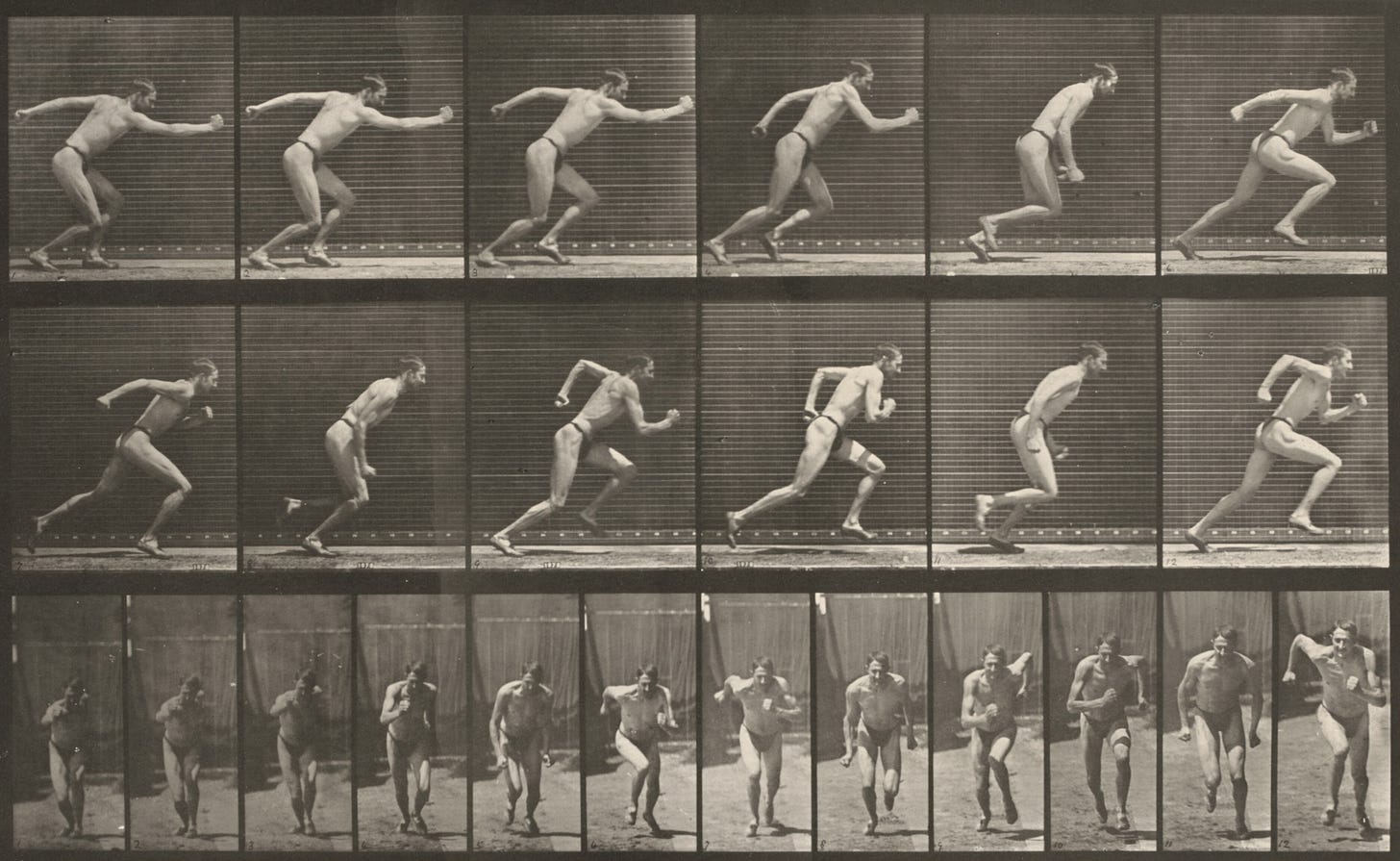I am going to learn how to do data science in 3 months. The TL;DR of how is rather simple.
Learn Coding
Learn Math
Build a Portfolio
Once I pass Chapter 4 in the ISL textbook, start reaching out to do free work for NGOs. And if no one is biting, there is always Kaggle baby.
To find out how I came up with this harebrained scheme, read on below!

So I did what any modern human would do to start learning. I searched "how to learn data science" on YouTube. And boy howdy, do data scientists sure like to make YouTube channels. I was spoiled for choice. Or rather, I felt like my idea had been spoiled by the fact there are are a lot of awful videos out there on becoming a data scientist.
A vast majority of these videos felt like typical guru-content-mill slop. Just barely over 10 minutes of stats about job growth and salary, day-in-the-life of a data scientist vlogs, what data science is, and so many buzzwords on growth mindset and how a data scientist provides value to a business. All designed to whet my appetite and get me ready to buy your mentoring course, but what if I actually want to do? Finally, like a lone wildflower in a burned out forest, I found this video from a data scientist named Egor Howel. I can't speak for the quality of all of Egor's content, but I appreciate that he laid out learning data science in a very simple and actionable 3-step process.
Learn math
Learn coding
Show your skills
Now these 3 steps can balloon quite fast. Without being exhaustive, I could start filling them out like so:
Learning math includes studying probability, statistics, calculus, and linear algebra.
Probability and Statistics is how data scientists describe the real world and extract meaning from large data sets. Subtopics to study include:
Descriptive statistics: mean, median, mode, variance, standard deviation, and variance
Probability distributions: normal, poisson, gamma, binomial
Probability Theory: Maximum likelihood estimation, Bayesian statistics
Hypothesis testing: confidence intervals, A/B tests, z-test, t-test, kai^2 test
Modelling & inference: linear regression, generalized linear models
Read **Practical Statistics for Data Scientists**
Calculus is the mathematics of change, in data science this is most often used to make your algorithms run faster. Subtopics to study include:
Derivatives
Integration
Convex functions
Hessian and Jacobian matrices
Fourier series
Read **Mathematics for Machine Learning**
Linear Algebra. Is what machine learning algorithms and large language models are made of. Subtopics to study include:
Vectors
Matrices
Matrix operations
Principal component analysis
Systems of linear equations
Row reduction
Elimination
Kramer's rule
Read **Mathematics for Machine Learning**
Learning to code will probably require you to know at least the following:
Linux Bash - A text-based user interface that is preferred amongst computer programmers.
Python - Arguably the most popular programming language in the world. To do data science you will also need to learn NumPy, Pandas, Matplotlib, and Scikit Learn.
SQL - The language used for accessing and controlling large databases.
And don't worry. There is ALWAYS another language or package or software to learn.
Showing your skill is easier than ever with ad-revenue based platforms turning the entire internet into a gladiatorial arena of marketing. For all the glory, you could try:
Post your code on Github
Create a blog to record your learning journey
Make a portfolio website
Enter Kaggle competitions
Contact NGO's to ask for volunteer gig work
Go to networking events
Crosspost everything to Linkedin
And on, and on, and on...
You can see how this could easily become a four-year college degree. But I don't have that much time and a pile of money to burn. In fact, I already went to university for a bachelor's degree in mechanical engineering, where I was quite lucky to learn most of the math I listed above and already be exposed to the basics of computer programming. And remember, I started this by saying I was going to learn data science in only 3 months. I don't want to spend years learning everything from the ground up all over again. I just need to find a few focused resources to build off of what I know already.
I continued to plumb the depths of the internet. Prompting Chatgpt for curriculum outlines, reading Reddit threads, and slogging through recommended videos on YouTube finally lead me to find 2 free online textbooks and 3 websites.
Learn Coding
Python for Data Analysis: An open source textbook that does what it says on the can.
W3 Schools SQL Documentation: I saw this recommended by multiple sources as a go-to for professionals and academics. But honestly, there are dozens of online coding tutorials that are just as good. Just pick one and do it.
Learn Math
Introduction to Statistical Learning: This was a real eureka moment. A free textbook made and maintained by professors from Stanford University. Maybe the internet is good.
Build a Portfolio
Once I pass Chapter 4 in the ISL textbook, start reaching out to do free work for NGOs1. And if no one is biting, there is always Kaggle baby. Make sure to put finished projects on GitHub and/or announce them on LinkedIn.
GitHub: The most popular website for programmers to back up their code and track changes.
Kaggle: A website dedicated to data science. Best known for having lots of datasets to do projects on and hosting competitions for you to show off your skills.
Special thanks to Python Programmer for pointing out the Stanford ISL textbook and suggesting where to start doing independent projects.
